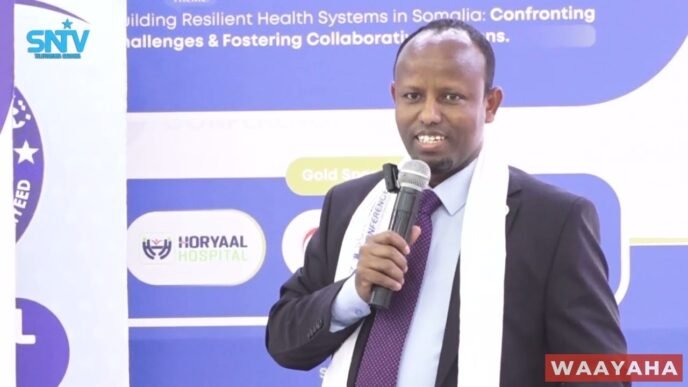Introduction:
The enduring conflict in Somalia has cast a long shadow over the nation, leaving an indelible mark on its social fabric, economic prospects, and religious landscape. In a thought-provoking discourse, this article delves into the multifaceted impact of the conflict, shedding light on the intricate interplay between violence, societal well-being, and the preservation of Islamic values.
Economic Devastation:
One of the most palpable consequences of the conflict has been the crippling effect on Somalia’s economy. The prolonged violence has decimated infrastructure, disrupted trade routes, and deterred foreign investment, plunging the nation into a state of economic disarray. Agricultural lands have been rendered unproductive, industries have crumbled, and development projects have ground to a halt, leaving the country grappling with widespread poverty and stagnation.
Social Upheaval:
The conflict has also left an indelible mark on Somali society, fracturing communities and eroding the fabric of trust and solidarity. Displacement has become a harsh reality, with countless families forced to flee their homes in search of safety, often enduring harrowing journeys and enduring the trauma of separation. Furthermore, the conflict has exacerbated existing social inequalities and marginalization, disproportionately impacting vulnerable groups such as women, children, and the elderly.
Religious Implications:
The conflict in Somalia has cast a long shadow over the practice and perception of Islam, a religion that preaches peace, compassion, and mercy. The misuse of religious rhetoric and the distortion of Islamic teachings have fueled the cycle of violence, tarnishing the religion’s image and creating an environment of fear and mistrust. This has not only undermined the spiritual well-being of Somali society but has also contributed to a sense of alienation from the true essence of Islam.
Amidst the chaos, voices of reason and moderation have emerged, calling for a return to the principles of Islam that promote unity, justice, and the sanctity of human life. These voices remind us that the conflict is antithetical to the teachings of the Quran and the example set by the Prophet Muhammad (peace be upon him), who was a messenger of mercy to all mankind.
Conclusion:
The conflict in Somalia has cast a long and dark shadow, leaving a trail of destruction in its wake. However, amidst the rubble and despair, glimmers of hope and resilience persist. As the nation grapples with the aftermath of violence, it is imperative to address the root causes of the conflict and work towards a lasting peace that can pave the way for economic recovery, social cohesion, and the restoration of Islamic values that promote harmony and compassion. Only then can Somalia truly heal and reclaim its rightful place as a beacon of hope and prosperity in the Horn of Africa.













